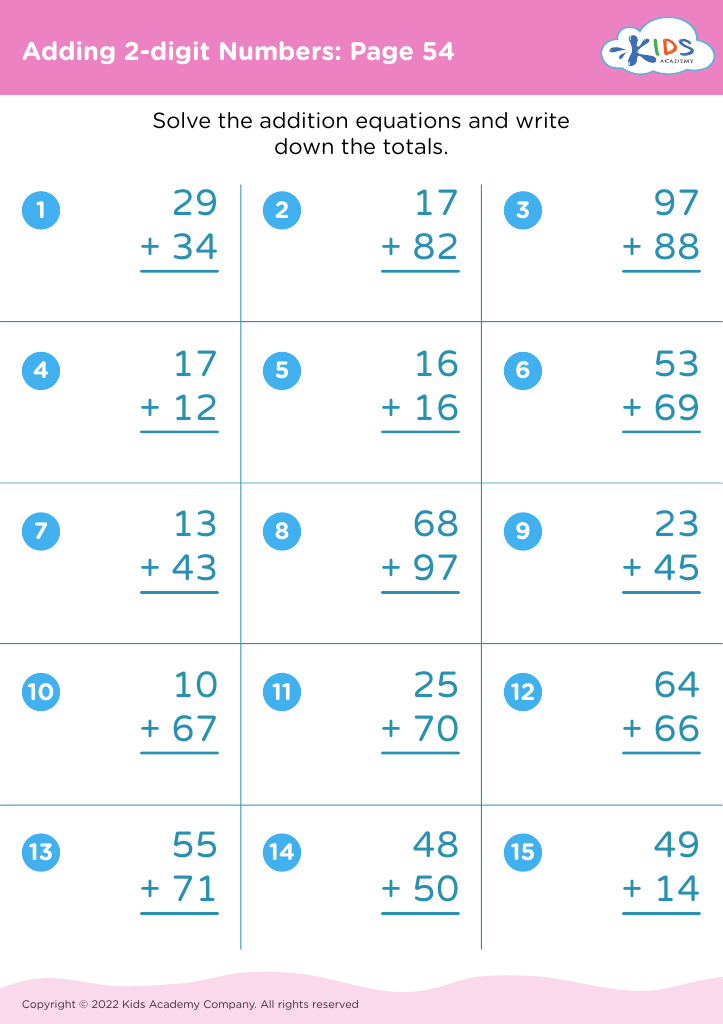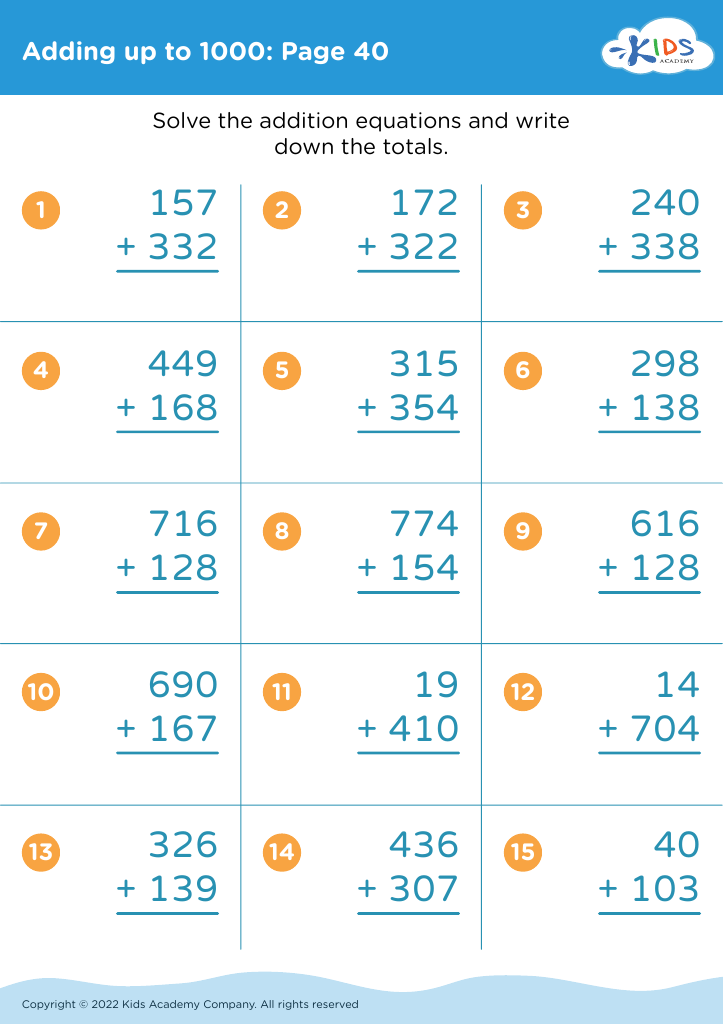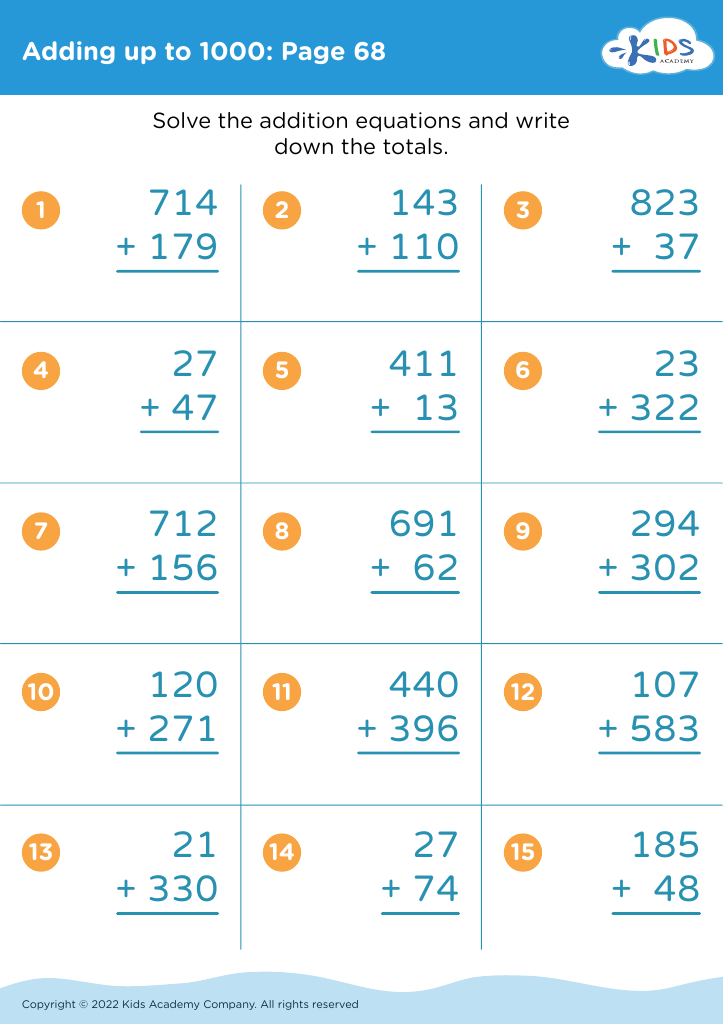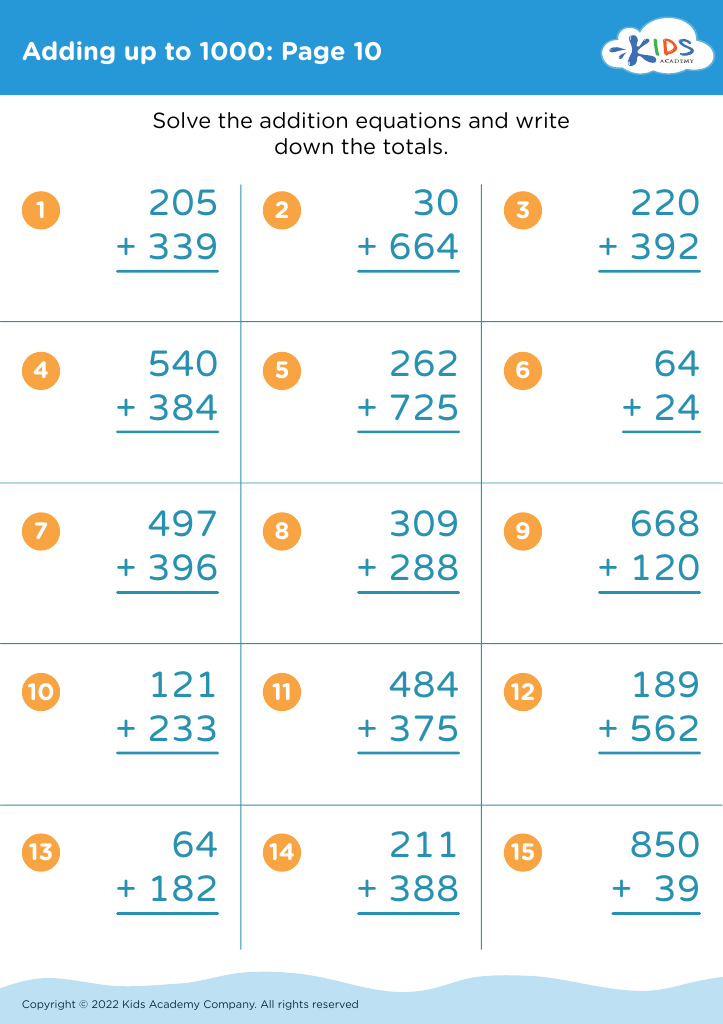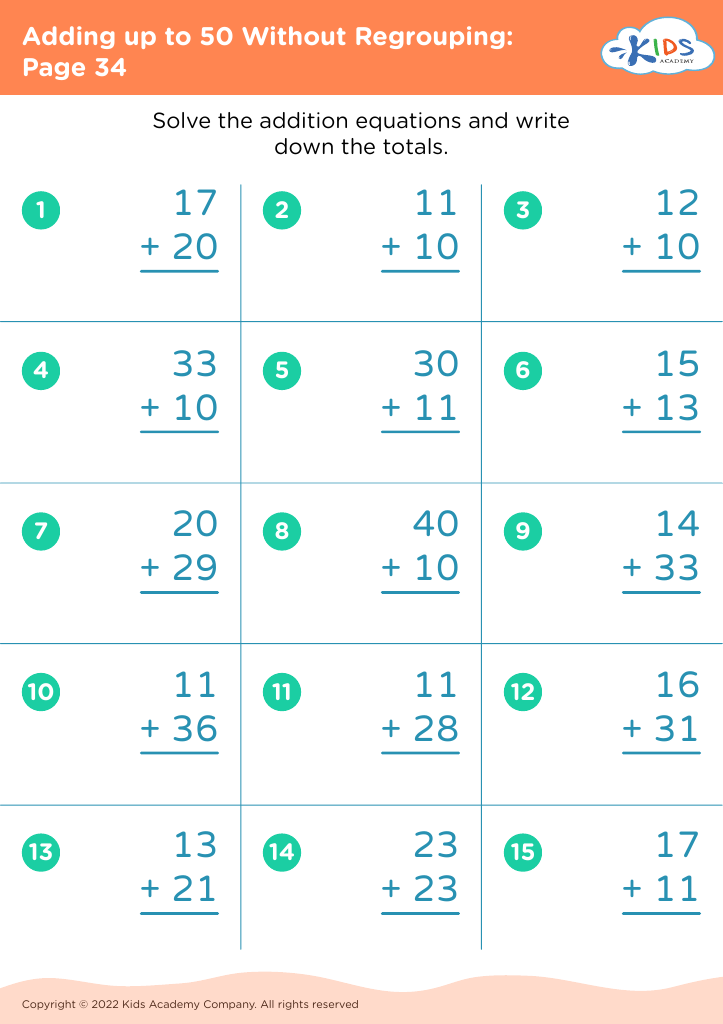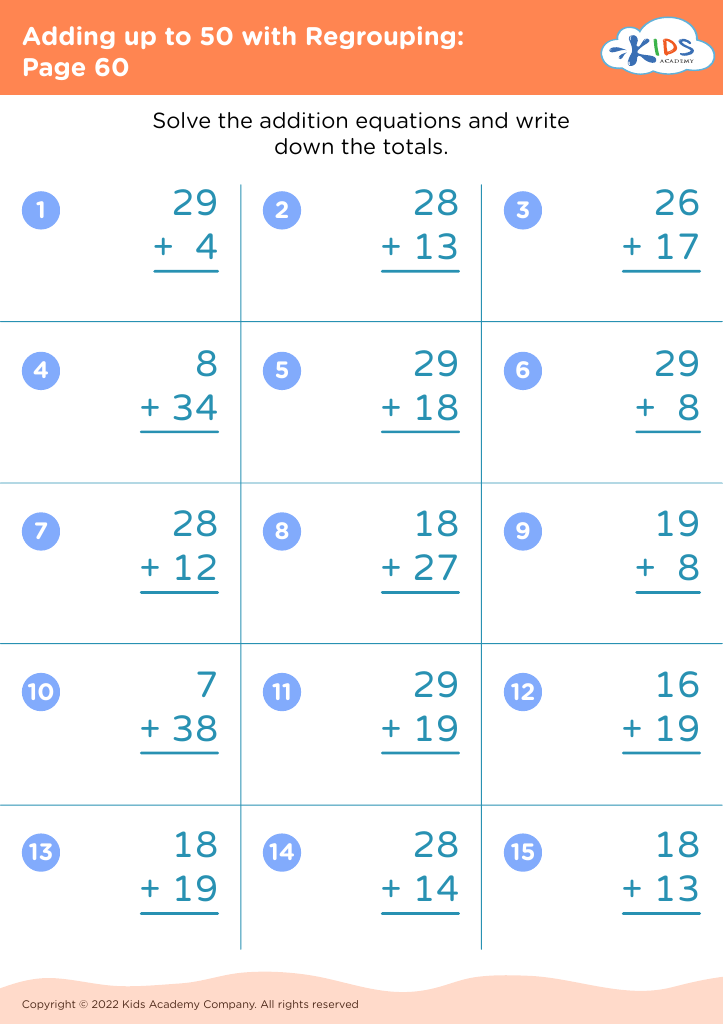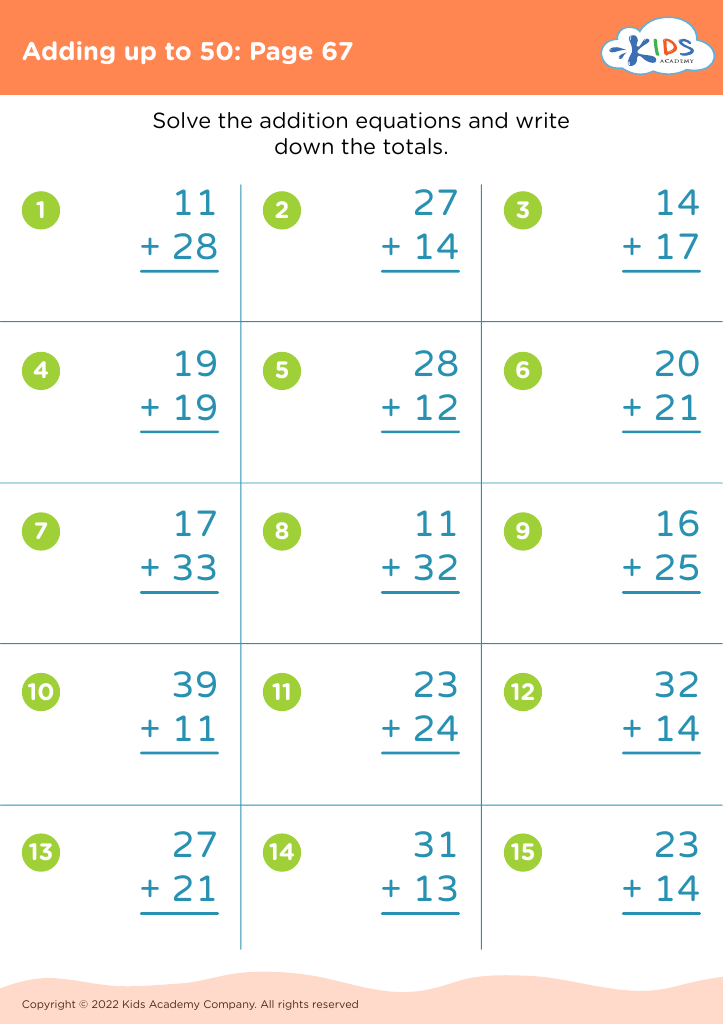Comparing Fractions Math Worksheets for Ages 5-7
95 filtered results
-
From - To
Introduce your young learners to the foundational concept of fractions with our Comparing Fractions Math Worksheets for Ages 5-7. Our expertly designed worksheets make learning fun and exciting while ensuring a solid understanding of comparing fractions. Step-by-step exercises and engaging activities help children grasp the concepts of halves, thirds, and quarters, enhancing their problem-solving skills. These printable worksheets are perfect for practice at home or in the classroom, fostering confidence and ensuring mastery in early math. Make fraction learning enjoyable and effective with our age-appropriate math worksheets today!
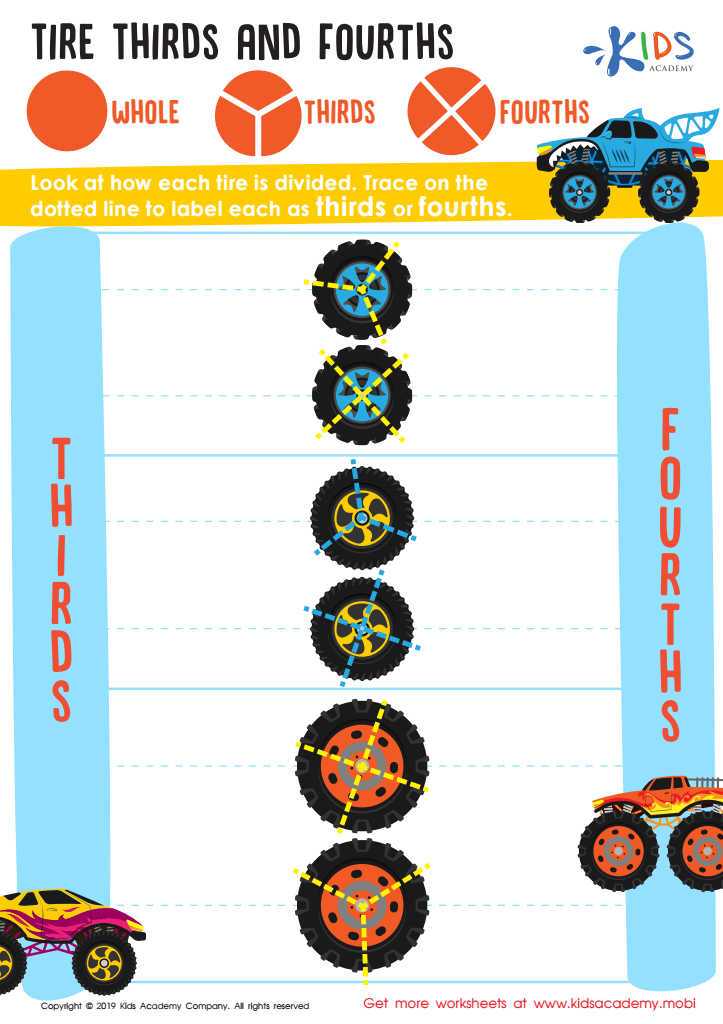

Tire Thirds and Fourths Worksheet
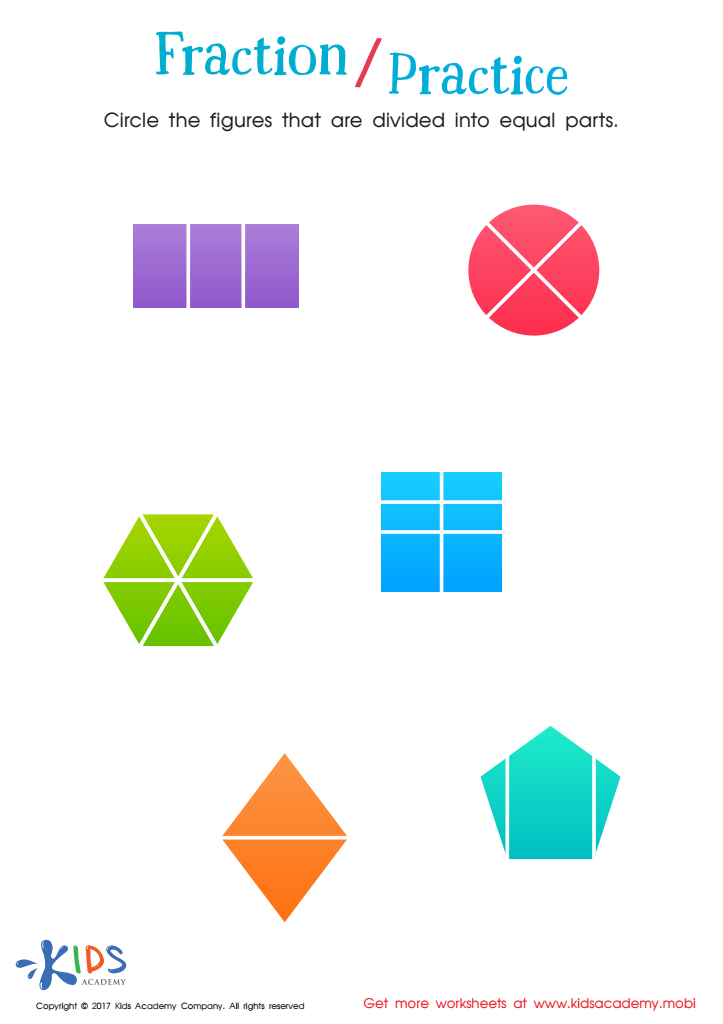

Fractions: Shapes Worksheet
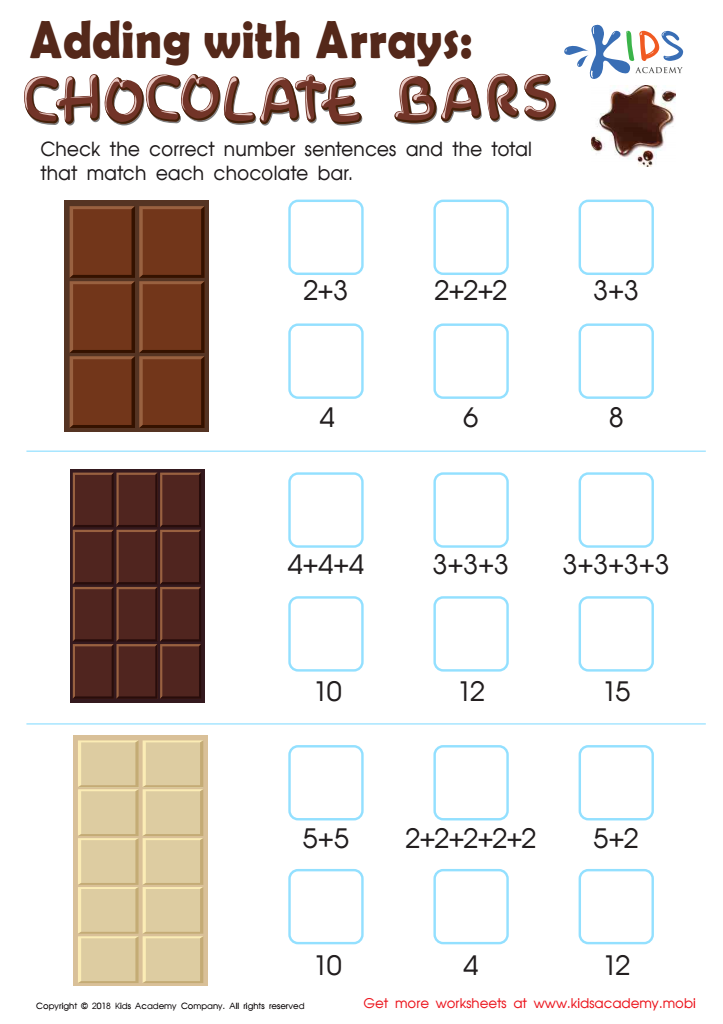

Adding with Arrays: Chocolate Bars Worksheet
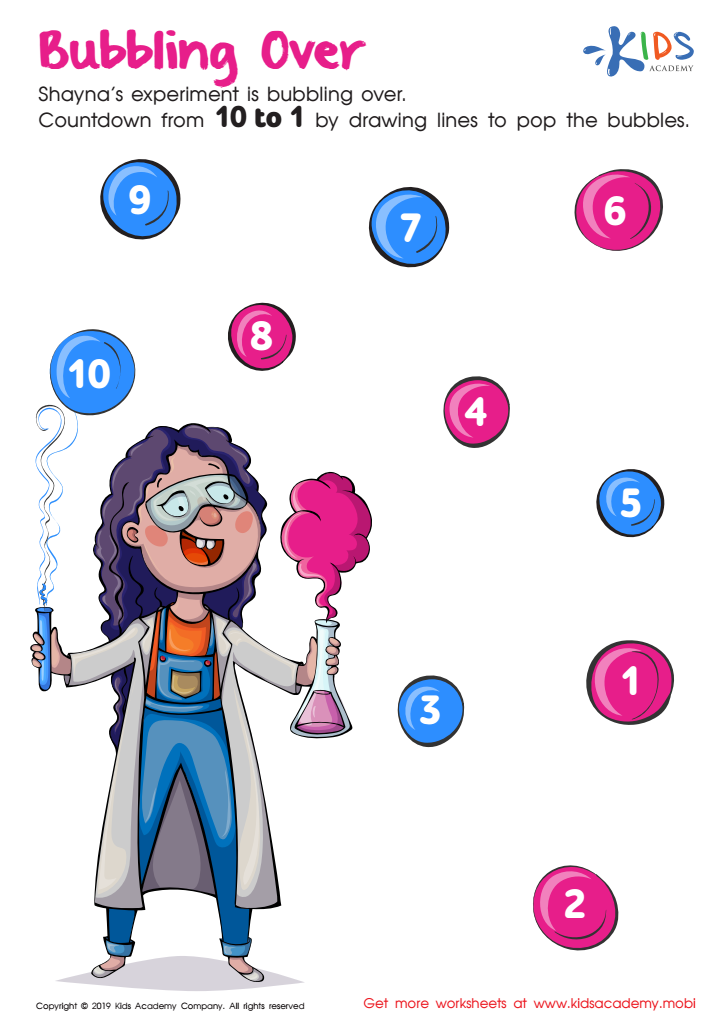

Bubbling Over Worksheet
Understanding and comparing fractions is a fundamental mathematics skill that lays the groundwork for more complex concepts and real-world applications. For children ages 5-7, learning to compare fractions can significantly enhance their numeracy and reasoning skills. At this developmental stage, children are starting to grasp the basic ideas of numbers and quantities. By introducing fractions, educators help to refine a child’s mathematical thinking and problem-solving abilities.
Parents and teachers should care about fractions because this knowledge is relevant beyond the classroom. Many daily activities, like cooking, dividing items, or understanding proportions, rely on a comprehension of fractions. Early exposure helps children better handle these practical tasks in their daily lives.
Moreover, an early understanding of comparing fractions fosters a positive attitude towards math. This confidence is crucial as it encourages a growth mindset where children feel capable and willing to tackle more difficult math problems in the future. Poor mathematical foundations can lead to anxiety and resistance towards the subject, potentially impacting their academic achievements in later years.
Additionally, understanding fractions sharpens critical thinking. When kids compare fractions, they must analyze and evaluate different aspects of the numbers involved, hence enhancing their cognitive skills. Thus, investing effort and resources into teaching children to compare fractions is pivotal for their scholarly and personal growth.
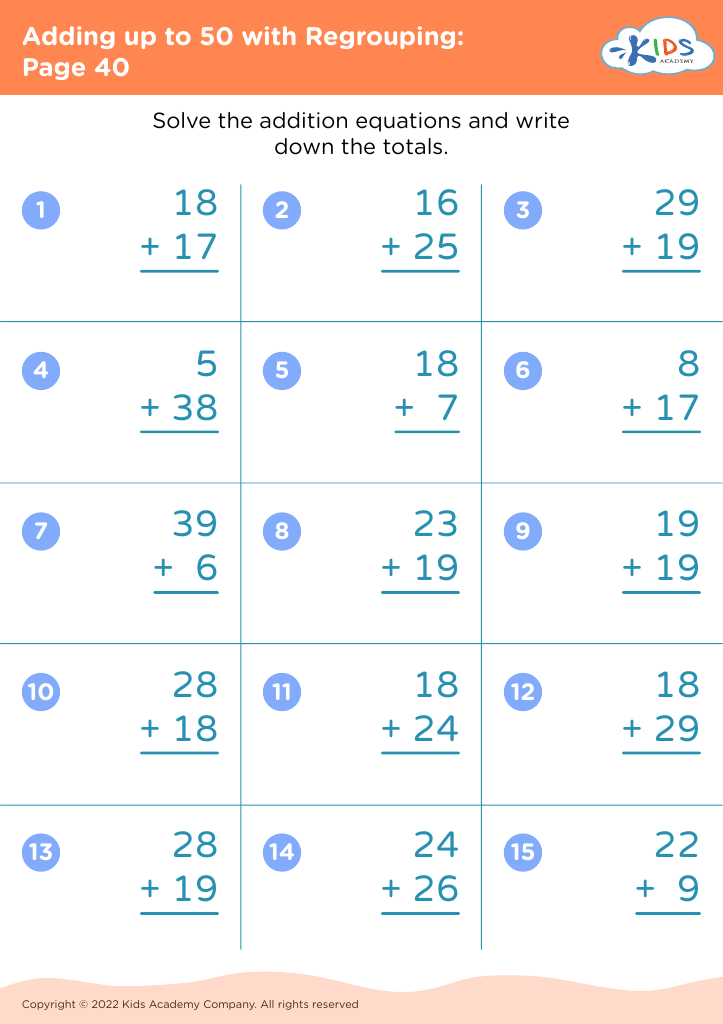
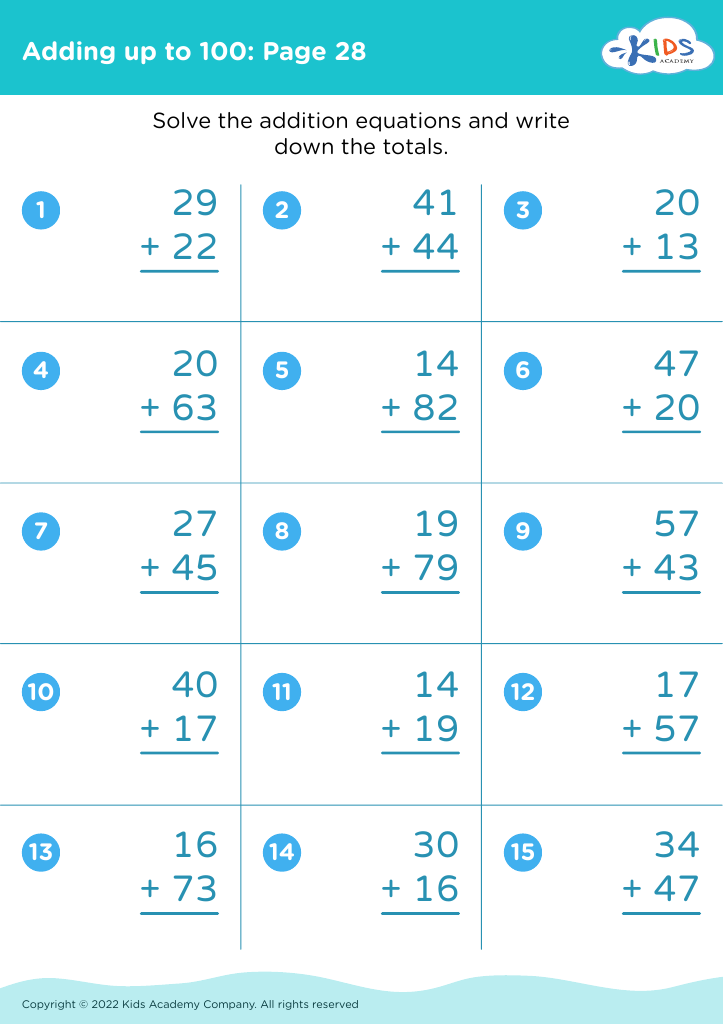
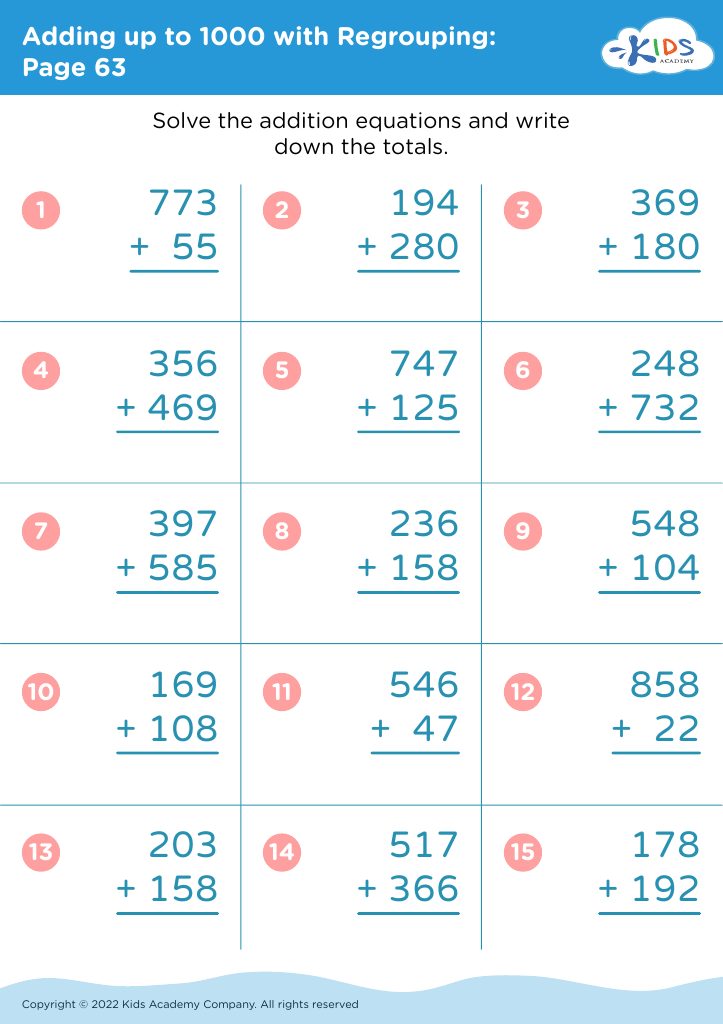
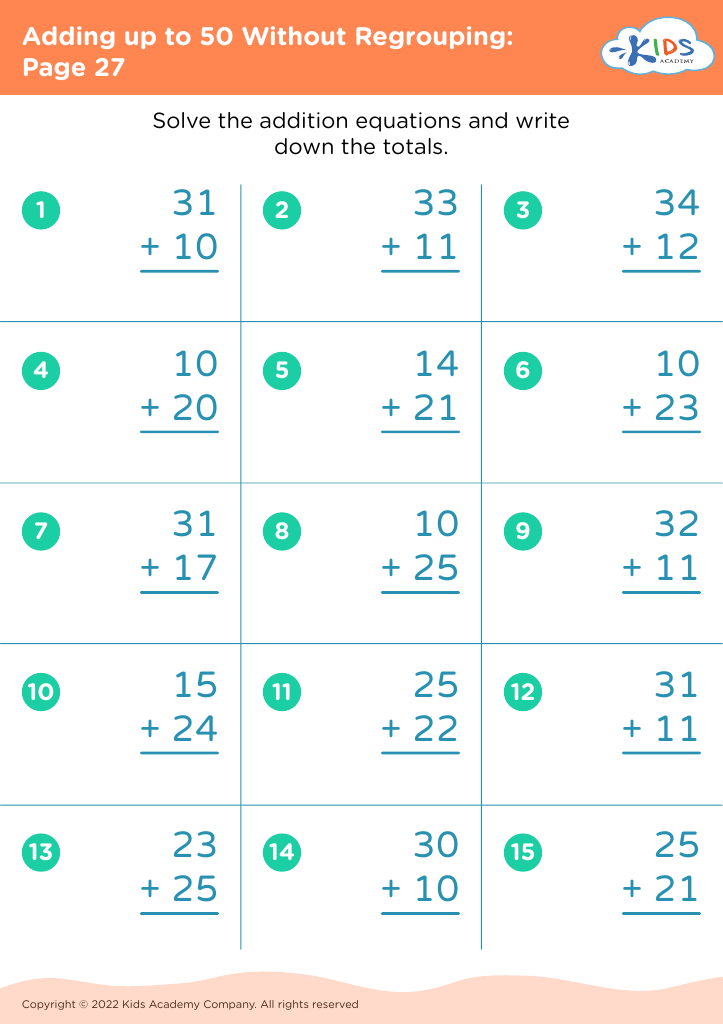

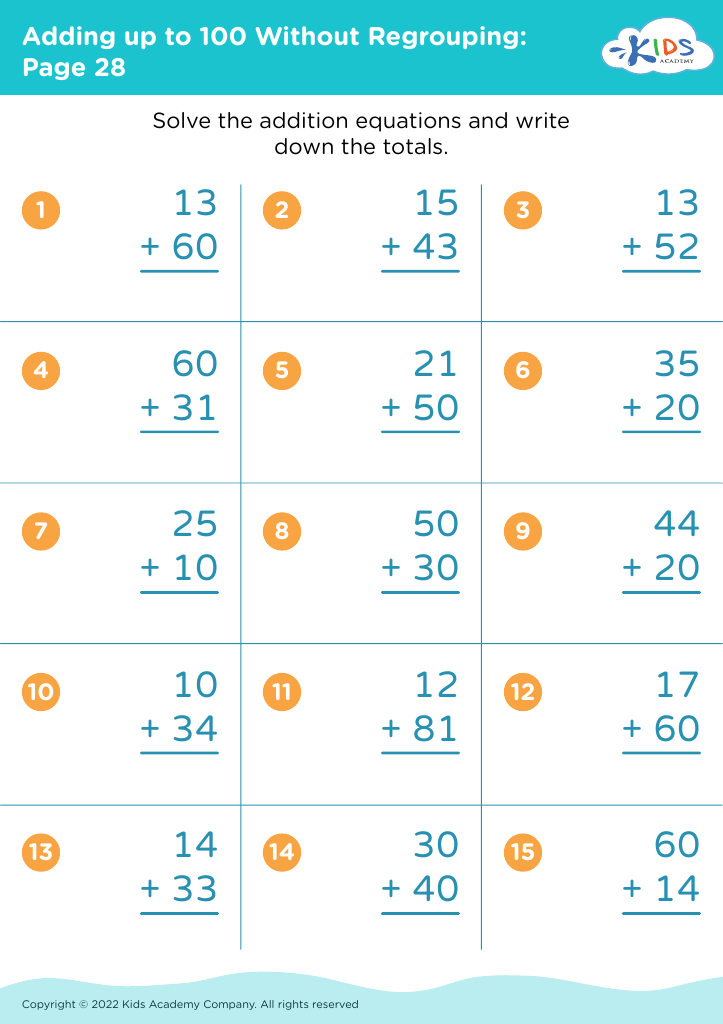

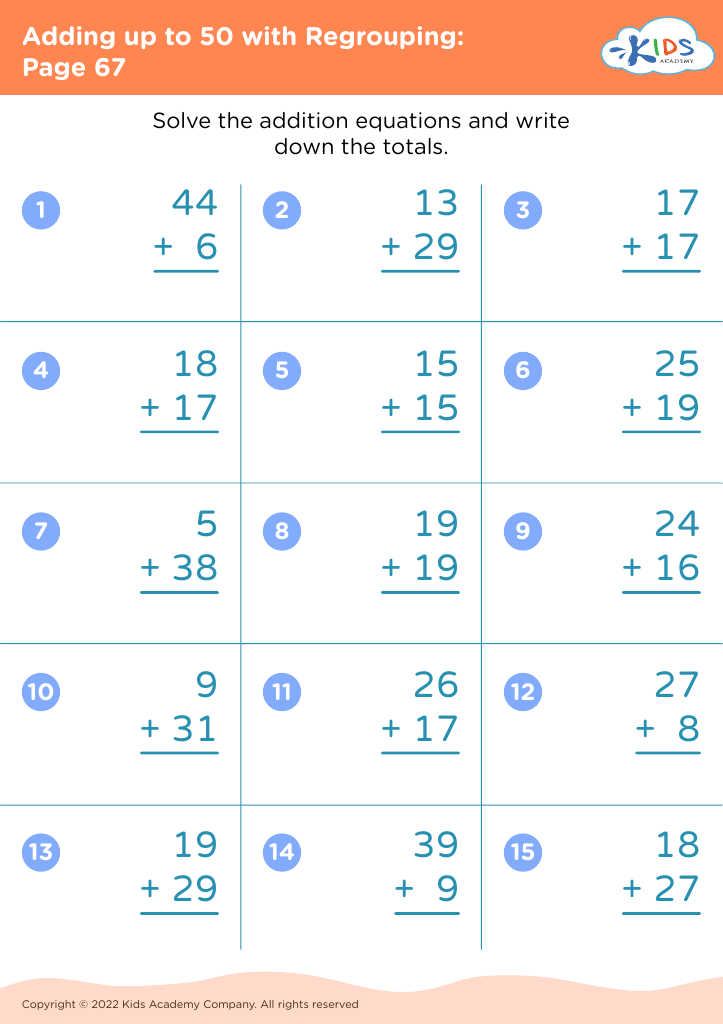
 Assign to My Students
Assign to My Students

